Overview



Medical Diagnosis
This can help in two ways
Image Recognition
AI algorithms have shown impressive capabilities for the analysis of medical images such as X-rays, MRI scans, and CT scans – picking up minor anomalies indicative of potential disease that might be missed by the human eye. Not only does this aid in early detection of disease, AI-generated draft reports for the clinician also increase efficiency in reporting, allowing healthcare providers to get on with the important work of patient care.
Pathology Analysis
Similarly, AI can assist pathologists in analysing samples for better diagnostic accuracy, detecting minor anomalies that can signify more serious diseases in the future, and generating reports for healthcare workers.

Personalised Treatment Plans
One of the most exciting advancements offered by AI is the possibility of crafting personalised treatment plans for every patient, based on their unique physiology and genetics.

Predictive Analytics
By analysing patient data, AI can predict the likely path of disease progression and tailor personalised treatment plans that account for individual variations in anatomy, physiology, and disease characteristics. This reduces the likelihood of adverse effects while maximising treatment efficacy, leading to improved patient outcomes.
Treatment Planning
Pre-op, AI-driven image segmentation allows medical images to be enhanced, offering clinicians the opportunity to precisely target areas for intervention, optimising surgical outcomes. Excitingly, AI advancements have also given rise to augmented reality tools that combine pre-op images with real-time data during surgery, supporting decision-making and enhancing precision, which in turn leads to reduced risk for patients.
Telehealth and Virtual Health Assistant
Digital healthcare in Australia is booming. Revenue in the market has been predicted to grow by 7.6% year on year, reaching more than US$3 billion by 2029. Much of this growth will be driven by the AI applications which make remote health services deliverable.
Chatbots and Virtual Nurses
As patients grow more comfortable with chatbots outside of healthcare, their capacity to augment clinician-led services grows. AI-powered virtual assistants have a role in explaining diagnoses to patients and supporting them in understanding their healthcare plans. One of the largest healthcare systems in the United States, Mercy, has already integrated Microsoft Azure’s OpenAI Service to explain lab results to patients and recommend follow up actions, empowering patients to have informed discussions with their physicians.
Remote Patient Monitoring
As wearable health devices grow in popularity, healthcare providers can harness AI to monitor these devices and alert clinicians in events that require medical intervention.

Administrative Efficiency
Health workers are spending far too much time on low-level administrative tasks that are unrelated to improving patient care, leading to burnout and staff attrition, with many skilled workers leaving the industry. AI is perfectly primed to step in and relieve this burden of administrative work, allowing clinicians to treat patients and focus on more important tasks that require their expertise.

Medical Records Management
AI language tools have already been harnessed to collate documentation and unstructured text into a digital patient record and store it safely in the Microsoft Azure cloud. Fully compliant with Australian data-handling standards, such systems offer both exceptional efficiency and peace of mind.
Scheduling and Resource Allocation
One of the key challenges for healthcare management is efficient resource allocation, including staff scheduling and room utilisation. AI’s exceptional ability to process data takes the guesswork out of resource allocation, creating efficient, effective workflows.
Public Health Management
AI systems are tailor-made for public health management, thanks to its exceptional ability to analyse population-level data and extrapolate from key events. This has two major advantages
Healthcare Policy Planning
By analysing health data and healthcare utilisation patterns across large areas from towns and cities, through to state level, AI-driven analytics can inform healthcare policy decision-making, offering maximum efficiency in resource allocation.
Disease Surveillance
AI tools have already been deployed in the fight against Covid, tracking the spread of the virus and identifying at-risk patient groups. As the technology advances, AI will become increasingly useful in analysing epidemiological data to predict and prevent similar contagious disease outbreaks, as well as implementing measures to curb their spread.

Harnessing AI to Support Business Critical Healthcare Applications
At Intergy, we’re proud of our 20 years’ experience in providing software development, architecture solutions, IT services, and more to the healthcare industry. Since 2004, our success has been founded on our ability to harness the latest technological advancements to provide innovative solutions for our clients.
We’re excited to share the new wave of generative-AI apps and platforms with our clients, creating responsive AI-based tools to augment and uplift current healthcare practices that will benefit patients and clinicians alike.




